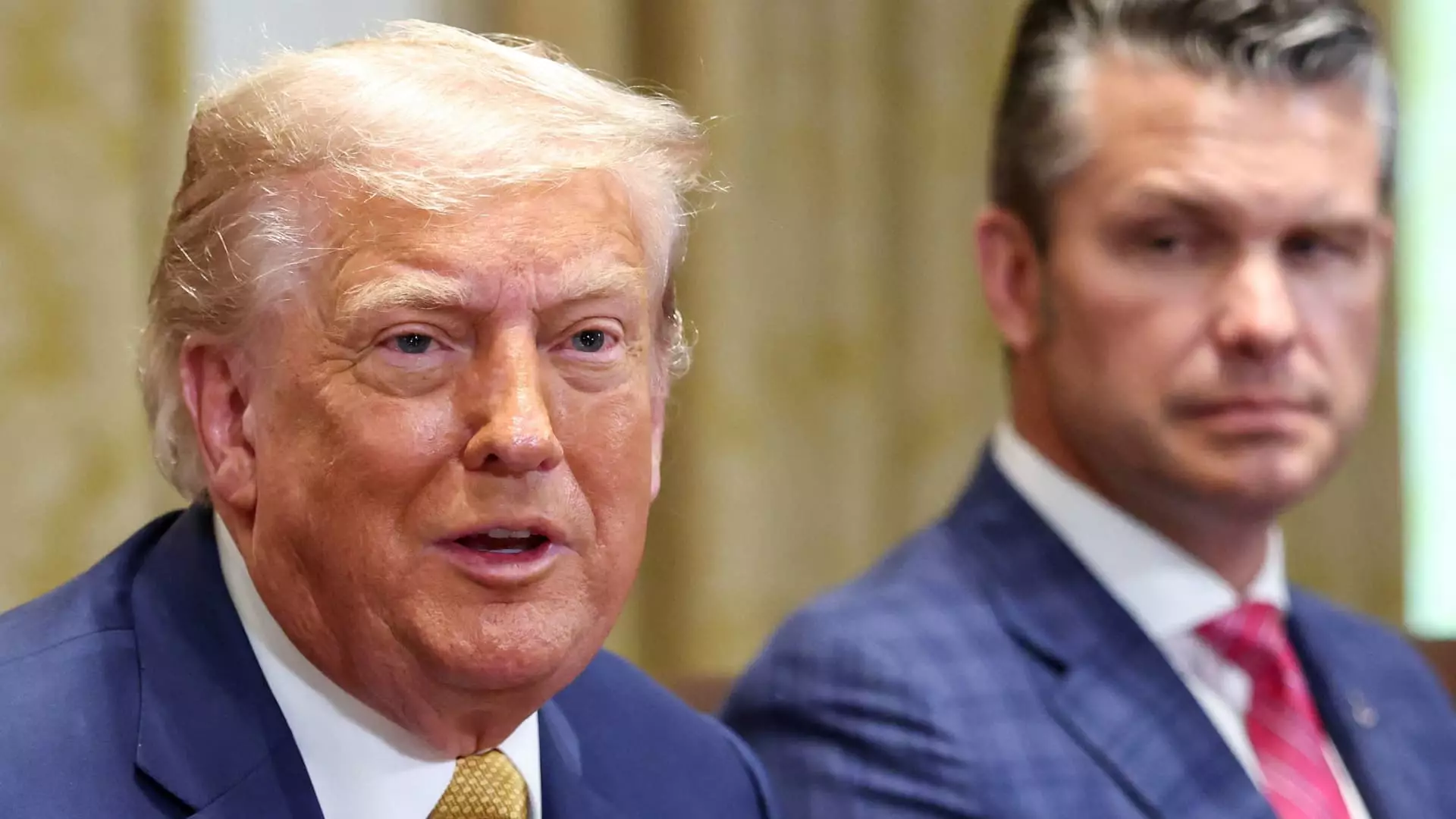In a move that reflects a reckless disregard for stability and innovation, President Donald Trump announced his intention to impose tariffs as high as 200% on imported pharmaceuticals. While the official details are yet to be finalized, the mere suggestion of such punitive measures exposes a dangerous underestimation of the devastating ripple effects on the American healthcare system. Tariffs at this magnitude threaten to inflate drug prices, disrupt the supply chain, and undermine the very fabric of scientific progress that has made the U.S. a global leader in medicine. This is not merely a trade policy; it’s a gamble that puts public health at considerable risk for short-term political advantage.
The Illusion of Protecting Manufacturing at a Cost
Trump’s rationale appears rooted in a misguided belief that tariffs will incentivize pharmaceutical companies to relocate manufacturing to the U.S. This simplistic approach ignores the complex realities of global supply networks and the high costs associated with domestic production. Pharmaceutical companies have invested billions into U.S.-based R&D and manufacturing facilities, not because they are forced to, but because of the country’s robust infrastructure and market size. Threatening them with punitive tariffs risks driving innovation offshore, slowing down essential research and hemorrhaging jobs rather than protecting them.
Potential Consequences on Healthcare Affordability and Quality
The industry warnings are clear: heightened tariffs could lead to soaring drug costs, reduced competition, and diminished access, especially for vulnerable populations. When imported medications become prohibitively expensive, it’s the patients who suffer the most, facing delays and diminished options. This approach reveals a shortsighted view that doesn’t consider the broader societal repercussions. It is a negligent strategy that prioritizes nationalist rhetoric over public health and ignores the fact that innovation relies heavily on the free exchange of goods and knowledge across borders.
A Political Move Masking Real Challenges
While proponents argue tariffs will bolster American manufacturing and R&D, this rhetoric conveniently sidesteps the underlying issues of healthcare affordability and innovation funding that demand genuine solutions. Instead of tackling systemic problems—like drug pricing transparency, patent reform, or investment in American biotech—this administration leans on protectionism as a quick fix. Such policies will only stoke fears among industry players and consumers alike, risking a decline in America’s competitive edge in groundbreaking medical research.
Is There a Smarter Approach?
Instead of reckless tariffs that threaten our health security, a balanced, center-leaning strategy would focus on strengthening domestic innovation through targeted investments, fair pricing policies, and smart trade agreements. Ensuring that the U.S. maintains a strong, competitive pharmaceutical industry should not come at the expense of affordable healthcare or global collaboration. The path to meaningful progress lies in fostering cooperation, not confrontation—because when it comes to health, the stakes are too high for such destructive brinkmanship.


Leave a Reply